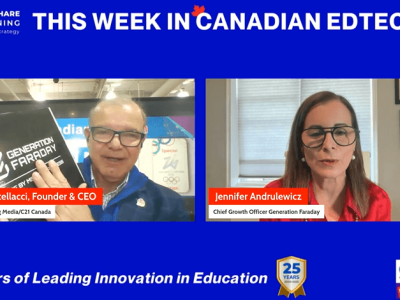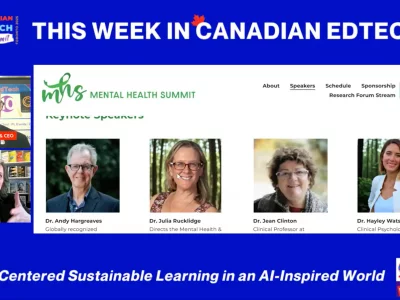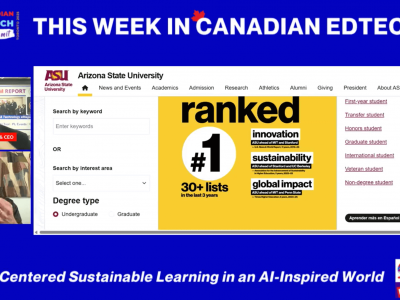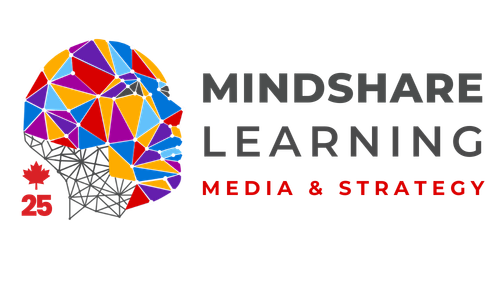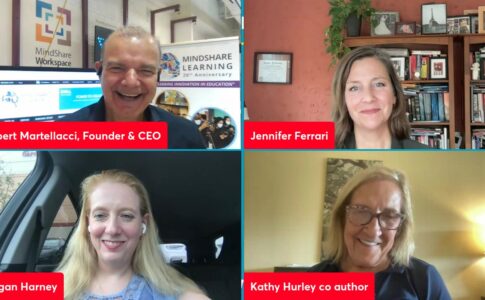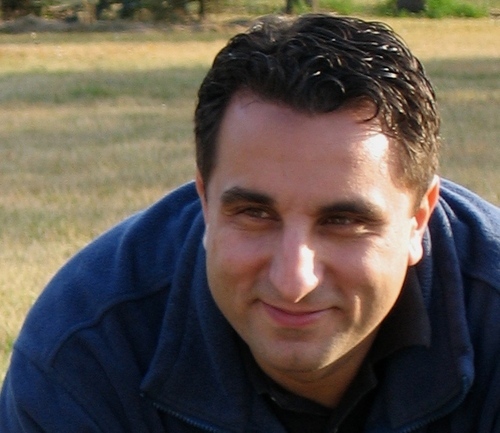“5 Characteristics of Back to School Thought Leaders.”
Welcome back, everyone!
I am incredibly excited for the year ahead not only to see a continued focus on math instruction, but more and more integration of coding, makerspace, STEM and STEAM activities.
Regardless of where you are in your professional journey (remember: It is OK to be where you are, it is NOT OK to stay there), I’d bet you are willing to try something new this year.
Perhaps you want to try the hour of code or perhaps you want to focus on three act math.
Regardless, changing pedagogy around new instructional practices also requires us to re-evaluate evaluation. Here are five simple tips to keep in mind as you begin the school year.
1) It Is OK to Fail
Well, not exactly.
The notion of ‘embracing failure’ is a common theme in education these days. In many social media threads educators promote risk taking, fun sketch-notes and articles linking to industry standards that make bold claims about employable skills.
“FAIL: First Attempt in Learning” does make a great slide during a conference keynote. However, how do we embrace failure in a system in which failure is punished? If we are going to shift the ways in which we instruct classroom activities, we must also shift how we assess and evaluate. Timely descriptive feedback is far more valuable that a simple score out of ten.
Introducing kids to makerspace and coding activities removes some level of standardization. Ultimately, we want the experience to be meaningful and personal. True inquiry means we do not necessarily know the solution but will assist students in trying to develop one.
With regards to the notion of failure – failing should mean “this didn’t work, let me try again” rather than “I got 4/10.” Rich activities provide natural entry points to such conversations and remove the repetitive nature of quantities of work.
2) The Expert in the Room is the Room Itself
“I do not know the answer to your question, but I do know someone who does.”
Simple words said by one of my former administrators. Chris gave me my first teaching job a little over a decade ago. We worked together for a few years before both of us found homes in new schools. Ultimately our paths crossed again and I am very fortunate for what I learned working with Chris.
“It is OK to be where you are. It is NOT OK to stay there.’
This became our school motto. For everyone. Not just teaching staff. Not just students. Everyone. Custodians, EAs, ECEs, DSWs, parents, etc. etc. Everyone in the building is to model personal and professional growth. As such, staff were given their own Genius Hour time to explore their own passion projects. A modelled approach indeed.
3) I Will Learn…. To Code
Maybe you already have.
The point is that you will try to learn something new. It might be coding. It might be Minecraft. It might be the guitar. I am a little late to the party but this year I am going to try to learn how to sketchnote.
4) Be Mindful
Take a nap. Go for a walk. Read a book. Do something for yourself. Mental health is so important that we must model a positive approach as educators. Ask parents for support. Find out what downtime looks like at home.
5) Share!
Being a transparent educator provides so many opportunities for others to learn. Be loud, make noise. Blog, tweet, read and write regularly. Encourage students to do the same. Parents too. What better way to find out what is happening at home then by reading a mom’s blog.
Perhaps most important, don’t be afraid to share what didn’t work. Model the risk, embrace the failure and show the world what you learned from the experience!
Be bold! Be great!
Together we can make this a hugely successful year.
We got this.

